 Please join us for the George Mason University Cybersecurity Innovation Forum on April 20, 2022 from 7-9pm at the Country Club of Fairfax. The Forum will consist of a series of 15-20 minute case study presentations by cybersecurity experts and technology innovators followed by a Q&A. The focus of the events is on cybersecurity innovation including innovation rationale and motivation, technology, metrics, and lessons learned.
Please join us for the George Mason University Cybersecurity Innovation Forum on April 20, 2022 from 7-9pm at the Country Club of Fairfax. The Forum will consist of a series of 15-20 minute case study presentations by cybersecurity experts and technology innovators followed by a Q&A. The focus of the events is on cybersecurity innovation including innovation rationale and motivation, technology, metrics, and lessons learned.
Speakers:
Dr. Steve Meckl, Managing Director at Accenture Security will present Deep Dive on Security Posture. In this talk, Steve Meckl will provide an overview of how Accenture Managed Extended Detection and Response (MxDR), leverages emerging cybersecurity threat intelligence, data analytics, the MITRE ATT&CK framework, and their unique global view of live attacks to drive a strategic approach to defending global computer networks.
Steve Meckl is the global delivery lead for Accenture Managed Extended Detection and Response (MxDR), responsible for monitoring some of the world’s largest and most complex networks for sophisticated cybersecurity threats.
Before joining Accenture, Dr. Meckl was Unit Chief of the FBI Cyber Division’s Technical Operations Unit. In that role, he led the Cyber Action Team (CAT), FBI’s elite cyber incident response team. He also created and led the Cyber Denial & Deception program, a team of engineers and Agents responsible for developing cutting-edge tools and technologies aimed at disrupting Advanced Persistent Threat groups targeting critical US networks. As a Unit Chief in FBI Cyber Division, Dr. Meckl received the 2014 Director’s Award for Outstanding Technical Advancement, the most prestigious award given to FBI Agents. He also received the 2015 High Impact Leader Award, recognizing excellence in leadership within the FBI.
Prior to his US Government experience, Dr. Meckl was a security software engineer, designing secure systems and protocols for high-availability web services and Windows desktop environments. Dr. Meckl received his PhD in Computer Science at George Mason University and his MS in Information Security and Assurance from George Mason University and BSE Computer Engineering from University of Michigan.
Follow us on Twitter @MasonCyber for more up-to-date discussions on cybersecurity and innovation.
George Mason University’s (GMU) Volgenau School of Engineering’s CARE Center and School of Business sponsor the events.
The Cybersecurity Innovation Forum Series is generously supported by Accenture.
Please RSVP here https://aprilmasoncyberforum.eventbrite.com


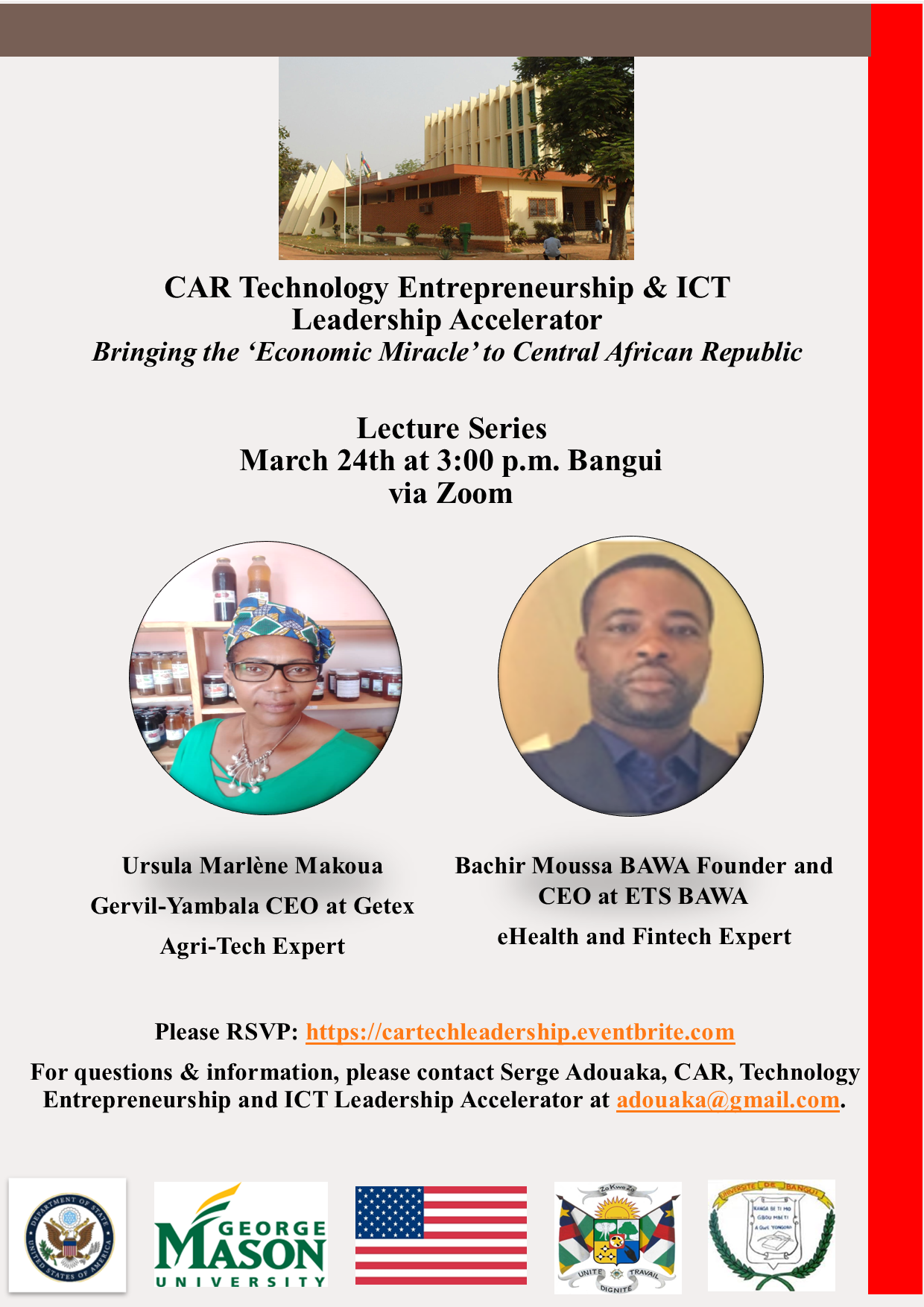



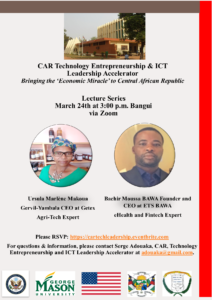
 esearch
esearch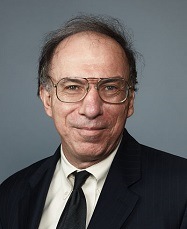
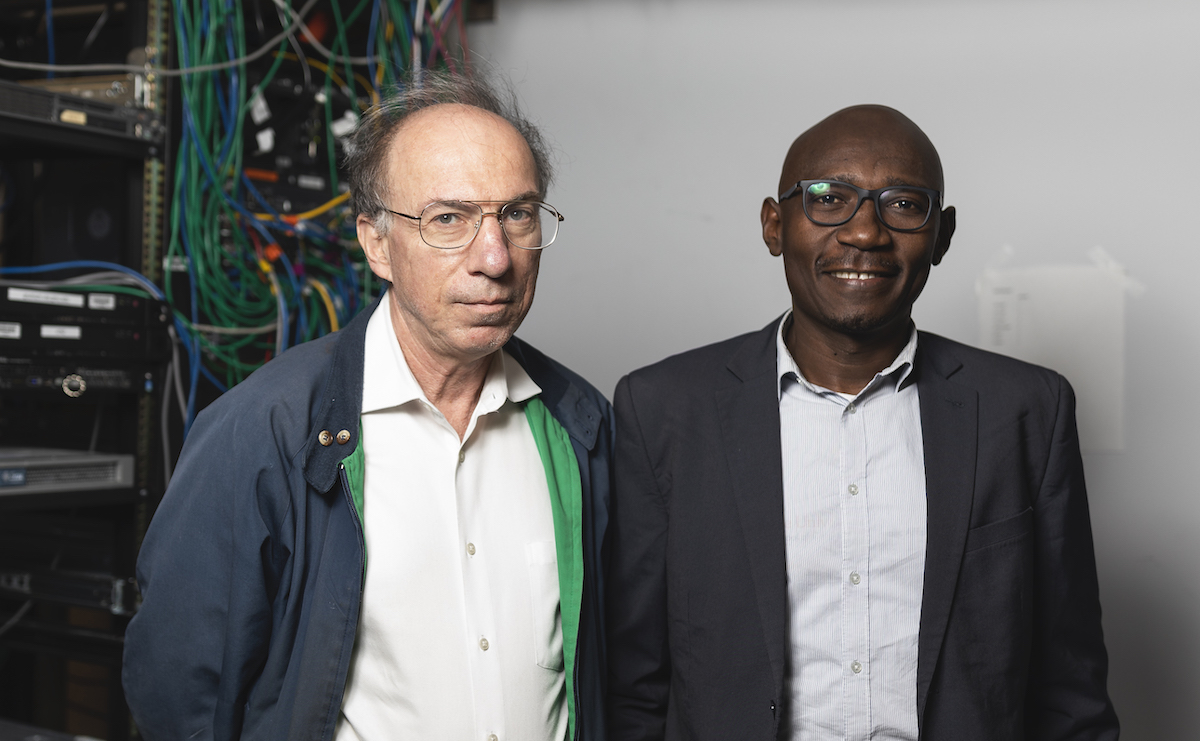
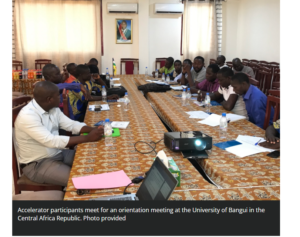

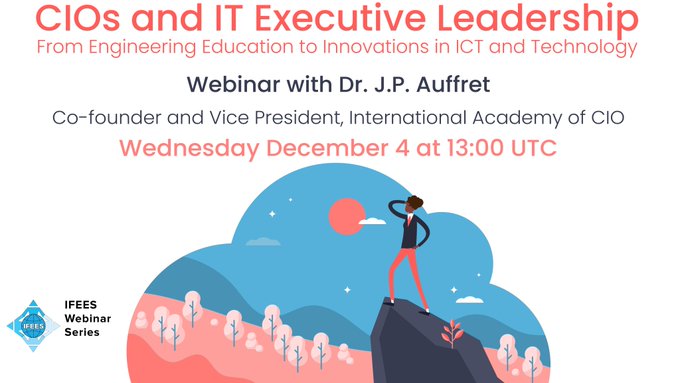
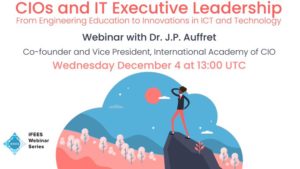 This
This 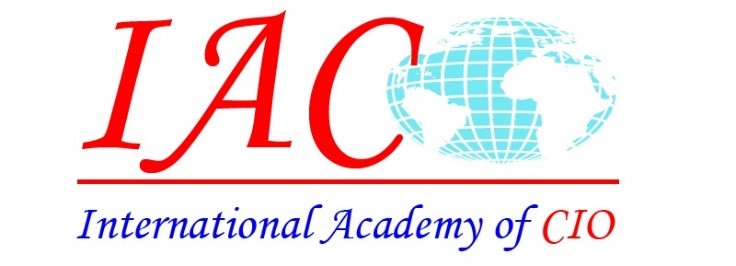
 Technology Leadership and Policy in the Age of AI, Blockchain, Robotics and 5G
Technology Leadership and Policy in the Age of AI, Blockchain, Robotics and 5G
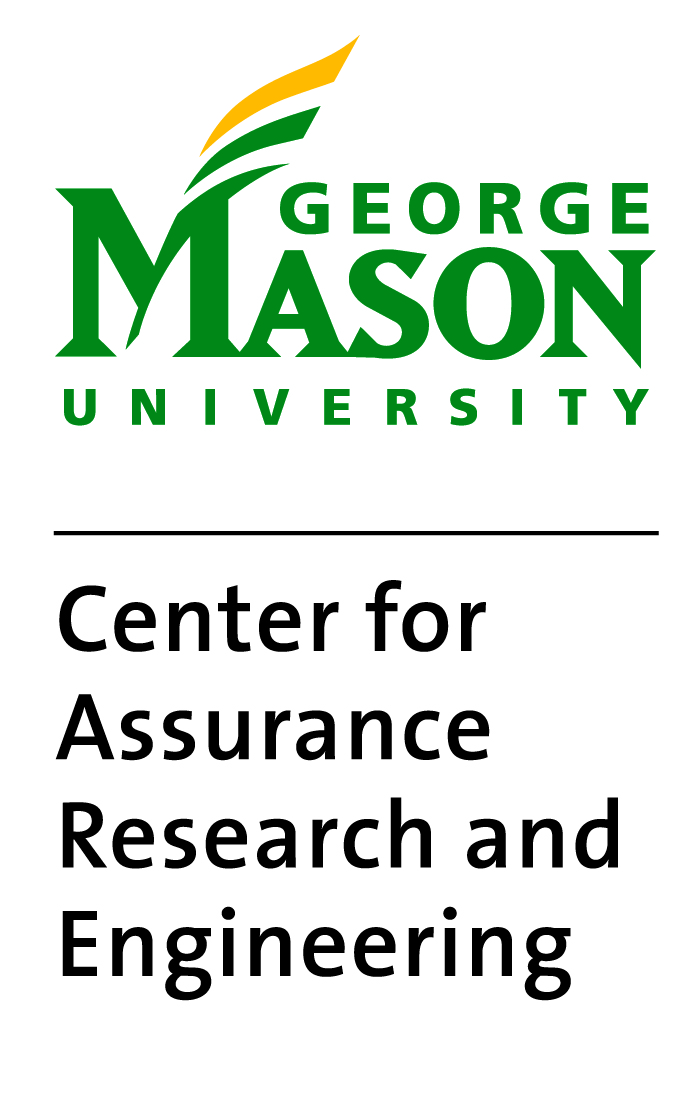
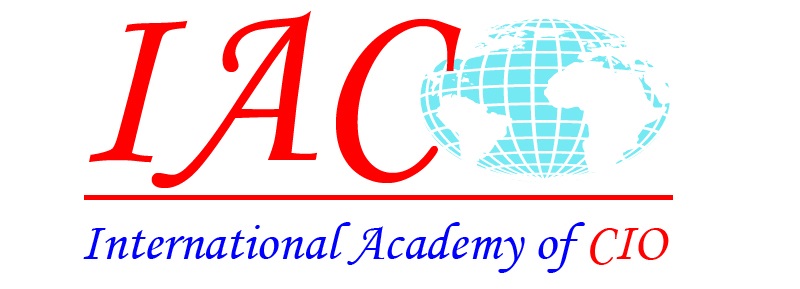
 As with previous International Academy of CIO (IAC) conferences, the Conference will address the potential and challenge of new technologies and applications to major world challenges such as ICT and natural disasters and major world trends including ageing society and urbanization. The IAC Conference continues to bring together government, private sector and academia participants to discuss and exchange ideas and best practices on ICT leadership and governance in light of rapidly changing technology.
As with previous International Academy of CIO (IAC) conferences, the Conference will address the potential and challenge of new technologies and applications to major world challenges such as ICT and natural disasters and major world trends including ageing society and urbanization. The IAC Conference continues to bring together government, private sector and academia participants to discuss and exchange ideas and best practices on ICT leadership and governance in light of rapidly changing technology.